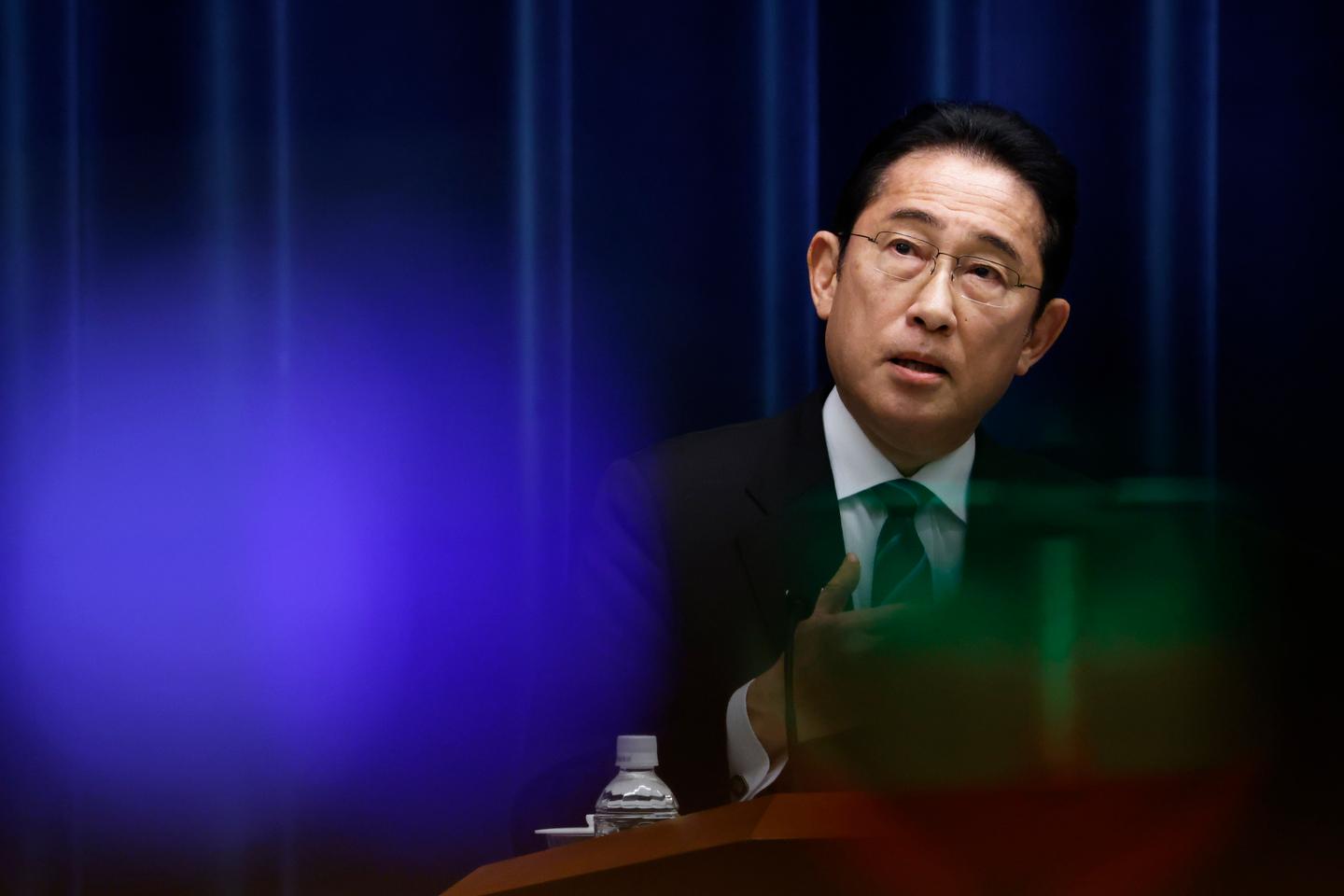


Following the attack by the Palestinian Islamist movement Hamas in Israel on October 7, Japan remained measured in its stance – although this gave the impression of confusion with contradictory communiqués. Initially, the country condemned an attack by Hamas "which severely harmed innocent civilians," but refrained from describing it as a "terrorist organization." Furthermore, it did not associate itself with the joint communiqué of October 9, co-signed by the United States, France, the United Kingdom, Germany and Italy, "unequivocally condemning Hamas and its appalling acts of terrorism."
Tokyo "is not as pro-Israel as Western states," reported the business daily paper Nihon Keizai Shimbun, and it "appears isolated within the G7," according to the daily Asahi Shimbun. With the meeting of G7 foreign ministers – over which Japan holds the presidency – due to take place in Tokyo on Tuesday, November 7, and Wednesday, November 8, Japanese and European positions have moved closer together, notably on the protection of civilian populations. On the other hand, Japan considers it dangerous to allow itself to be drawn into a highly emotional war between civilization and inhumanity.
Since October 7, Japan's position has evolved in measured steps. Unlike other G7 leaders, Prime Minister Fumio Kishida did not travel to Israel to pledge his country's support for the Jewish state. His foreign minister, Yoko Kamikawa, eventually described the Hamas assault as a "terrorist attack" on October 12, and she visited Israel on November 2 to plead for de-escalation and call for a humanitarian truce, then held talks in Jordan.
Ongoing dialogue with Iran
Japan's reserved stance in the Israel-Hamas war contrasts with its eagerness to join the Western camp since the start of Russia's aggression in Ukraine. While this war allowed the nation to appear as a full partner in the Western camp against Russia and China, in the case of the conflict between Israel and Hamas, it remains a step behind the Americans. At the United Nations Security Council on October 18, Japan, like France, voted in favor of a ceasefire "to allow rapid, safe and unhindered access to United Nations humanitarian agencies," but this was vetoed by the United States.
For Tokyo, the escalation is not a "fire across the river," a Japanese expression meaning an incident that doesn't concern you. It is testing its approach to Palestine, which includes Palestine's legitimate right to become a state. This is the cornerstone of Tokyo's diplomacy in the Middle East.
You have 55% of this article left to read. The rest is for subscribers only.
